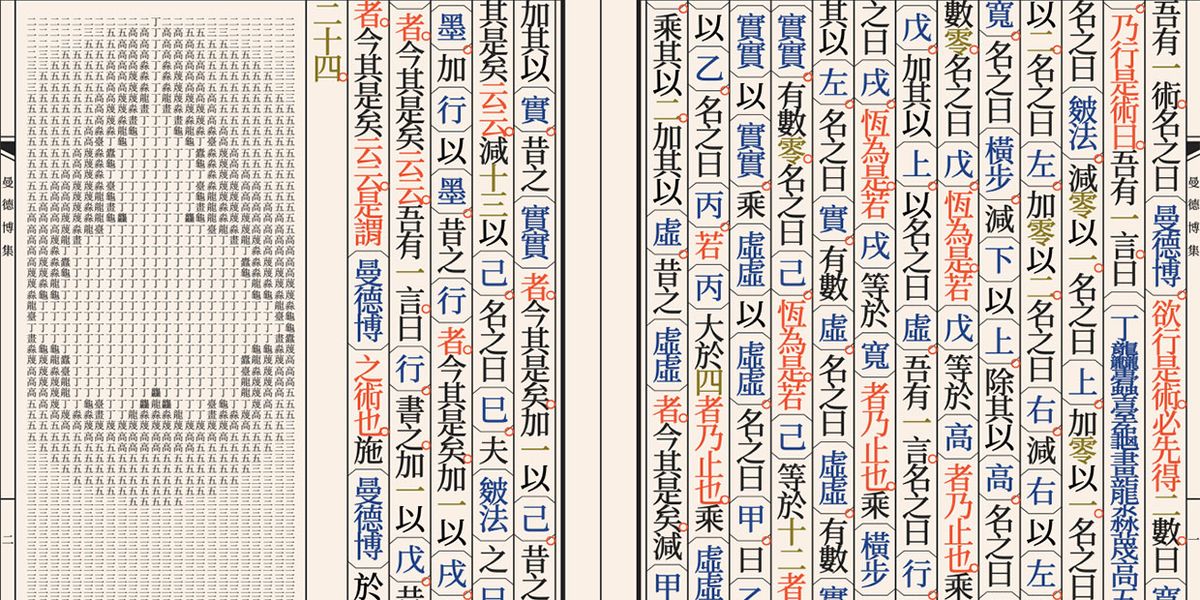The world’s first programming language written in classical Chinese, wenyan-lang, is attracting a community of enthusiastic coders, producing dozens of new programs in the language’s first months.

It is the creation of Lingdong Huang, a recent graduate from Carnegie Mellon in computer science and art, who previously designed an infinite computer-generated Chinese landscape painting. Huang is hopeful that, by building a community of users around the program, it can help keep the classical Chinese language alive: “I think this might be a critical moment for its survival.”
So what?
English currently dominates cyberspace. A multilingual internet is essential to overcome the digital divide that marginalises communities by reducing their access to online resources, presenting a significant obstacle to global sustainable development goals.
As UNESCO states: “Cultural diversity and multilingualism on the Internet have a key role to play in fostering pluralistic, equitable, open and inclusive knowledge societies.” This signal suggests a potential for linguistic diversity in computer programming to attract communities who can challenge programming norms, and perhaps even the possibility to revive lost languages through computer programming.
What implications could linguistic revival through computer programming have on cultural diversity? Could it help to put socio-cultural regeneration at the heart of digital developments?
Signal spotter: Jie Hui Kia
Sources
-
 World's First Classical Chinese Programming Language https://spectrum.ieee.org/classical-chinese
World's First Classical Chinese Programming Language https://spectrum.ieee.org/classical-chinese -
 Are there any programming languages that are non-English-based? If so, how do they compare to the top English-based programming languages? https://www.quora.com/unanswered/Are-there-any-programming-languages-that-are-non-English-based-If-so-how-do-they-compare-to-the-top-English-based-programming-languages
Are there any programming languages that are non-English-based? If so, how do they compare to the top English-based programming languages? https://www.quora.com/unanswered/Are-there-any-programming-languages-that-are-non-English-based-If-so-how-do-they-compare-to-the-top-English-based-programming-languages



















